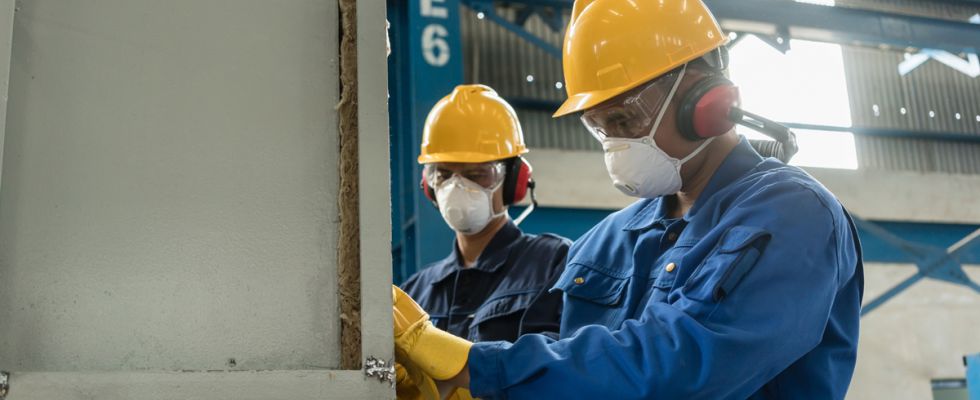
Recently, Pumps & Systems reached out to members of its Editorial Advisory Board to find out how the companies where they work are handling the continuing COVID-19 pandemic five months after it started sweeping across the United States. One member, Tom Angle, CEO of Swiss Flow Solutions GmbH, is based in Switzerland and shared his perspective of how manufacturing is handling the health crisis in that country. Here’s Angle’s point of view.
P&S: What disruptions/delays are companies experiencing since the pandemic began in the U.S. in March, and what challenges have continued since then?
Angle: Obviously the greatest issue is that the world economy is in a recession and demand is considerably down. One way that many European manufacturing companies have dealt with this is through various “reduced working hours” programs. The following is an example of how this works in Switzerland, but I have been told that most countries, at least in western Europe, have similar programs.
If your business is down 50 percent and your company showed an acceptable profit level for 2019, you can apply for such a program. You [are required to] not lay off anyone and people will work 50 percent of the time. The government will provide you with loans for 80 percent of the other 50 percent of your employees’ salary. This means you will not have to lay people off and then try to replace them when things improve. During this time, each employee will get 50 percent + 40 percent (50 percent x 80 percent) = 90 percent of their normal salary. Presently this is six months but could be extended. The advantage of this is it keeps people working and keeps companies operational. The primary question of course is, how long can governments continue to finance this type of program?
P&S: How is morale among the employees? Have any work arrangements changed since initial travel plans were canceled and many people started working remotely?
Angle: Manufacturing firms have in many cases gone to two shifts to allow less people in the factory at any given time, which helps social distancing. Working from home for various jobs has been common. From my observations in dealing with various firms in Switzerland, morale has remained surprisingly high.
P&S: What’s your view on how the pump industry is holding up? How do you think things like the cancellation of trade shows (or going virtual) is impacting everyone?
Angle: For many years, in my opinion, the number and frequency of various trade shows has been far too many and too often. Having so many so often cannot be justified in the age of internet information. They are, in many instances, of minimal use to manufacturers but have had a life of their own because they are so profitable to the organizers themselves and because manufacturers are afraid to not show up. I think that the end result of many of these being canceled is that they will, in the future, be reevaluated by companies and the number and frequency will shrink considerably. I think that this is a long-term positive good. “Going Virtual” is something that will stay with us and fundamentally change how our companies will do business in the future. My experience and the reactions that I get from other people is that around 50 percent to 80 percent of meetings and customer contacts are being successfully handled online and with much less cost than traveling for face-to-face contact. This new understanding will significantly reduce the amount of travel that companies will be doing after COVID-19.
P&S: What is your perspective on the economy as a whole? What are you expecting for the remainder of 2020?
Angle: The general consensus of my contacts is that, although business is down now, 2021 is expected to be normal. However, I must provide a caveat here. My contacts in Europe are overwhelmingly from the water and wastewater field. Since people will continue to drink water and flush toilets as they always have (maybe more flushing when you look at the insane hoarding of toilet paper!), these pumps and spare parts should not suffer a significant demand reduction. On the other hand, there is also some fear that if the U.S. remains in a state of recession, this could also drag Europe down for some unknown additional period of time.
One question you did not ask is “what about interaction with China?” Interestingly, I find little or no backlash against or blaming China for the COVID-19 virus. What I do find, however, is a reluctance to invest in China as a source of product sourcing. Not specifically because of COVID-19, but because of a general fear of long-term instability and social turmoil there.

